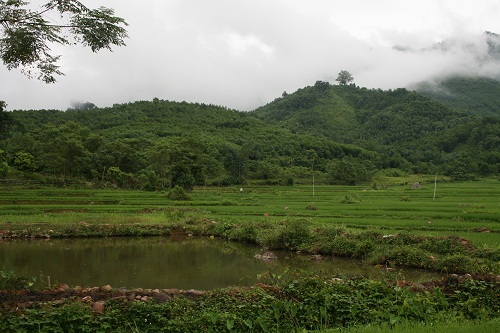A representative from PanNature suggested clearly defining the non-profit status of science and technology organizations to facilitate research, technology transfer, and application. This clarity would also enhance international collaboration and attract funding.

NGOs Work for Sustainable Forest Development
Six non-governmental organisations (NGOs) in Vietnam are carrying out four UK-funded projects this year in a joint effort to manage and use forest resources in a sustainable manner, according to the People and Nature Reconciliation (PanNature).

The projects worth nearly 2.9 billion VND (136,300 USD) focus on issues relating to forest land allocation and gender issue in the 2004 forest protection and development law while assessing disputes relating to land use right in the country’s reserve areas, added PanNature, which is a Vietnamese not-for-profit organisation dedicated to protecting and conserving diversity of life and improving human well-being in Vietnam.
The NGOs are the Centre for Rural Development in Central Vietnam (CRD), the Centre for Social Research and Development (CSRD), the Consultative and Research Centre for Natural Resource Management (CORENARM), the Rural Development and Poverty Reduction Fund (RDPR), the Centre for Indigenous Knowledge Research and Development (CIRD), and Centre for Research and Consultancy on Natural Resources Conservation and Sustainable Development (CRCSD).



